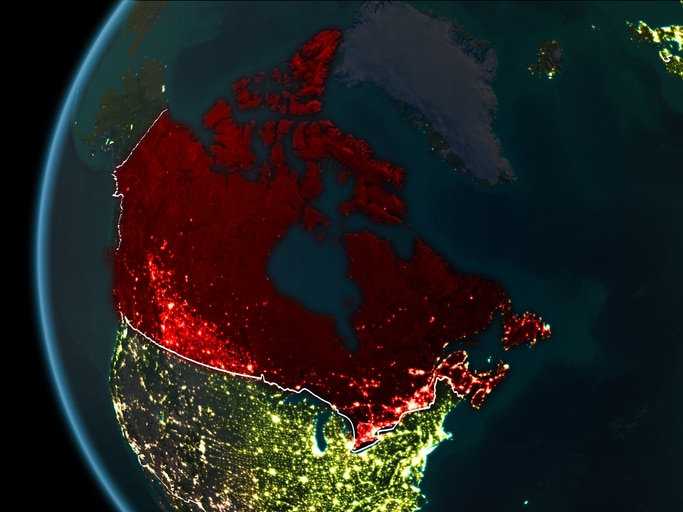-
Connect With Your Ottawa IT Service Company at (613) 828-1384
Connect With Your Ottawa IT Service Company at (613) 828-1384

As in so many areas, Canada is now pushing to make the online world a more equitable one. It also wants Canadians to have their privacy online instead of having their information sold by whoever can get ahold of it. The use of the data that companies do collect about you is now being regulated by the expanded Canadian Digital Charter. Here’s how it seeks to create a better experience for Canadians.
Using up-to-date technology is increasingly a part of daily life, and innovators who don’t have it will be left behind by those who do. Canada’s Digital Charter is a way to protect Canadians from some of the ways their data could be used as well as to make it easier for everyone in the country to have internet access. E-commerce is a larger and larger portion of the economy all over the Western world, and Canada would fall behind this march to the future if Canadians had trouble getting online and feared for their very privacy if they were to do so.
With so much of the world now online, keeping Canadians able to connect is a key factor in keeping them competitive. Part of the Canadian Digital Charter is to give universal access to all Canadians, no matter where they live or how much they know about computer use. The charter seeks to ensure that every Canadian is not only offered connectivity but is given the computer literacy they need to be able to use one. In addition, the charter rolls out a new standard for safety online. With so many new internet users about to join the online sphere, the government is focused on making sure they don’t get taken advantage of, threatened or targeted with scams. To help create a better atmosphere of safety, the government plans to put multiple laws in place to deliver punishments for breaking cyber-safety laws.
The charter further calls for every online user in Canada to have their privacy protected by the sites they use. If a company wants to use their personal data for any reason, the internet user should know exactly what it will be used for and must consent to share it for that purpose. In addition, Canadians are declared to be free to see their own personal data as well as to move it or share it easily. Websites that have Canadian visitors must comply with these privacy laws in order to stay compliant and available to online users in Canada. Clear, open disclosure of data collection, usage and storage will be needed to maintain that compliance.
As in most countries, free speech is not an absolute right in Canada. The charter spells out the kind of speech that Canadians shouldn’t have to come across online. These include hate speech, threats, extreme views advocating violence and content that is otherwise illegal. The government also seeks to keep false news stories away from readers who may not realize that what they’re reading isn’t factual. Keeping Canadians safe from these problems is considered a right that Canadians have in order to create a better online experience and to encourage more people to use the internet to make their lives easier.
With this charter, Canada is expected to become more competitive on a global scale. Unburdened by false news stories and hate speech, the government hopes that the online atmosphere will be more conducive to Canadian innovation.